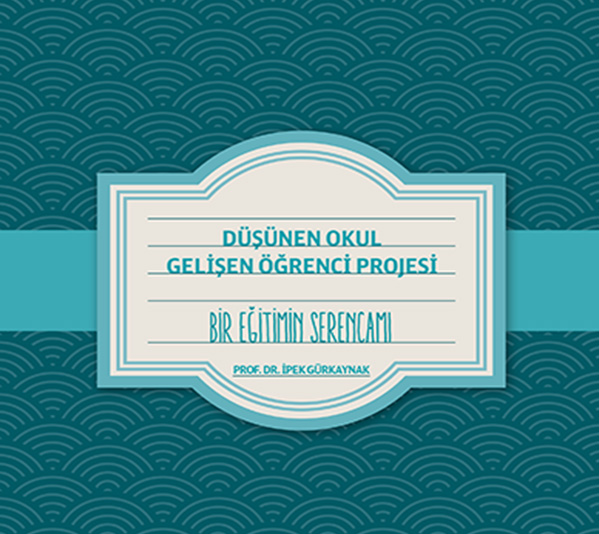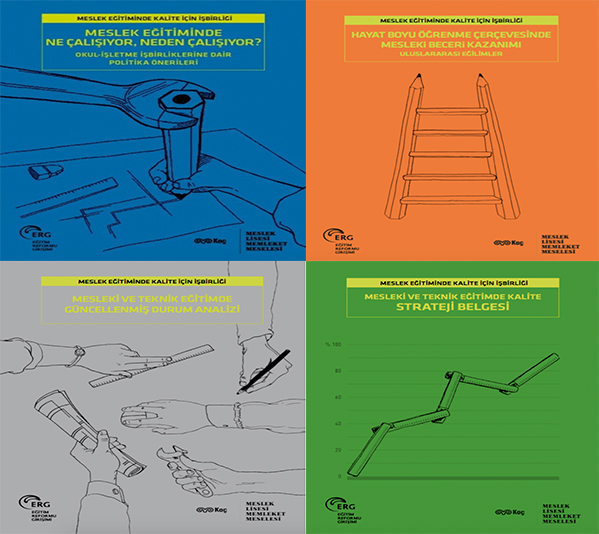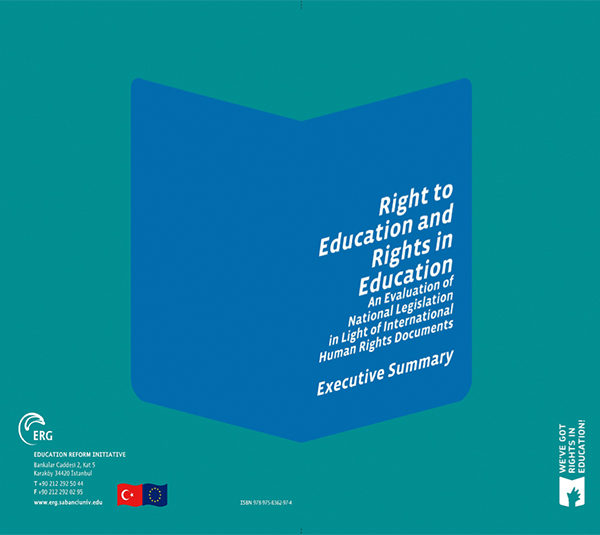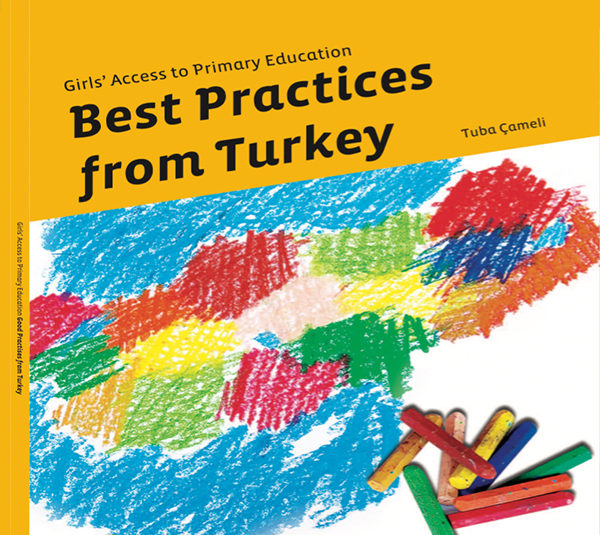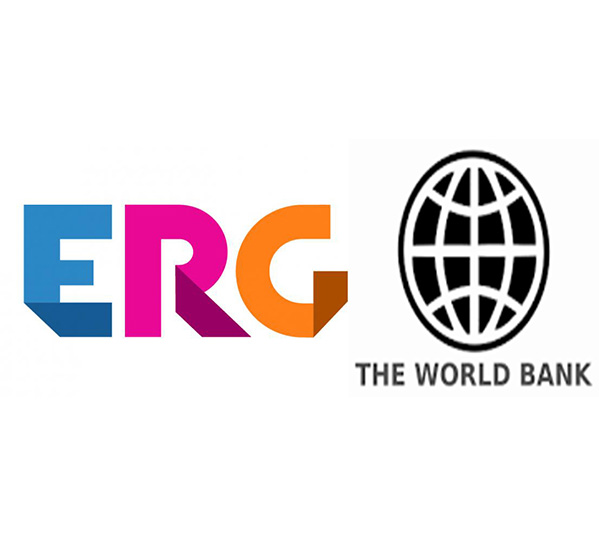“Children do not lose their human rights by virtue of passing through the school gates.” — Convention on the Rights of the Child, General Comment 1
Implemented by ERG between June 2007 and April 2009, Rights in Education I aimed to improve the legal framework related to the right to and rights in education and also to address the limitations in the implementation of the legal framework.
The main goals of the project were to expand the knowledge base and build policy dialogue on human rights in education; mobilize and increase the capacity of civil society groups on human rights in education; and raise policymakers’ and stakeholders’ awareness of the issue.
Accordingly, project activities focused on the following three objectives:
- Development of a comprehensive and reliable knowledge base
Thematic compilation of international human rights legislation and national education-related legislation
Preparation of five thematic reports, analyzing the compliance gap between national and international legislation
Development of a website on rights in education for researchers, academics, teachers, and parents
- Strengthened collaboration among civil society organizations
Establishment of a Rights in Education Network consisting of academics, legal practitioners, and NGOs working on education and/or human and child rights
Regular network meetings and workshops
- Increased awareness of decision-makers, duty-bearers and rights-holders
Preparation of advocacy folders to be used by network members
Development of a guidebook for rights-holders about their rights in education, cases of violations, and possible legal remedies
Preparation of a guidebook, a website, and a participatory education model for children aged 10-14 on their rights in education along with an impact assessment study of these three intervention models
Rights in Education assessed national legislation in terms of both the scope and the requirements of the right to education in the context of international human rights documents and Turkey’s obligations deriving from ratified international conventions. A group comprising a broad range of experts, individuals, and institutions working in the field of education and human rights discussed and prioritized the recommendations formulated by the authors of reports that assessed the compliance gap between international human rights legislation and national legislation.
Recommendations for amendments in the legislation were grouped under five themes:
- Rights-based approach to legislation
- Child-centered education
- Equality in education
- Protection of the child from negligence, abuse, and violence in schools
- Right to health in schools.
ERG, in light of the experiences from Rights in Education I, identified new objectives toward the greater goal of fulfillment of human rights in educational processes and environments. The activities for accomplishing these objectives were to be implemented through the Rights in Education II project between February 2009 and November 2010.
The main objectives of Rights in Education II were to build space for constructive dialogue on controversial issues; strengthen the political will to improve the legal framework regarding human rights in education through civil society collaboration and advocacy; and develop tools to be used by community-based organizations in monitoring activities.
The activities towards accomplishing these objectives were the following:
- Expanding the space for constructive dialogue on controversial issues
Research on the current state of religion and education as well as bilingualism and education
Technical workshops and dialogue meetings to bring together different stakeholders and experts
Preparation of information notes and documents which include a joint statement of shared principles and policy recommendations
- Enhancing the political will to improve the relevant legislation
Regular meetings and continued collaboration among academics, legal practitioners, teachers, and NGOs working on education and/or human rights to pursue advocacy activities (continued from Rights in Education I)
Advocacy activities, directed primarily towards the Parliament and the Ministry of National Education, to communicate the findings of Rights in Education I
- Developing tools for systematic monitoring of the fulfillment of human rights in education
Preparation of a compilation of indicators to establish and monitor the extent of fulfillment of rights in education at the local level
The pilot implementation of certain indicators by community-based organizations
Preparation of a guidebook for other local organizations’ monitoring activities, in light of the experience of the pilot implementation
